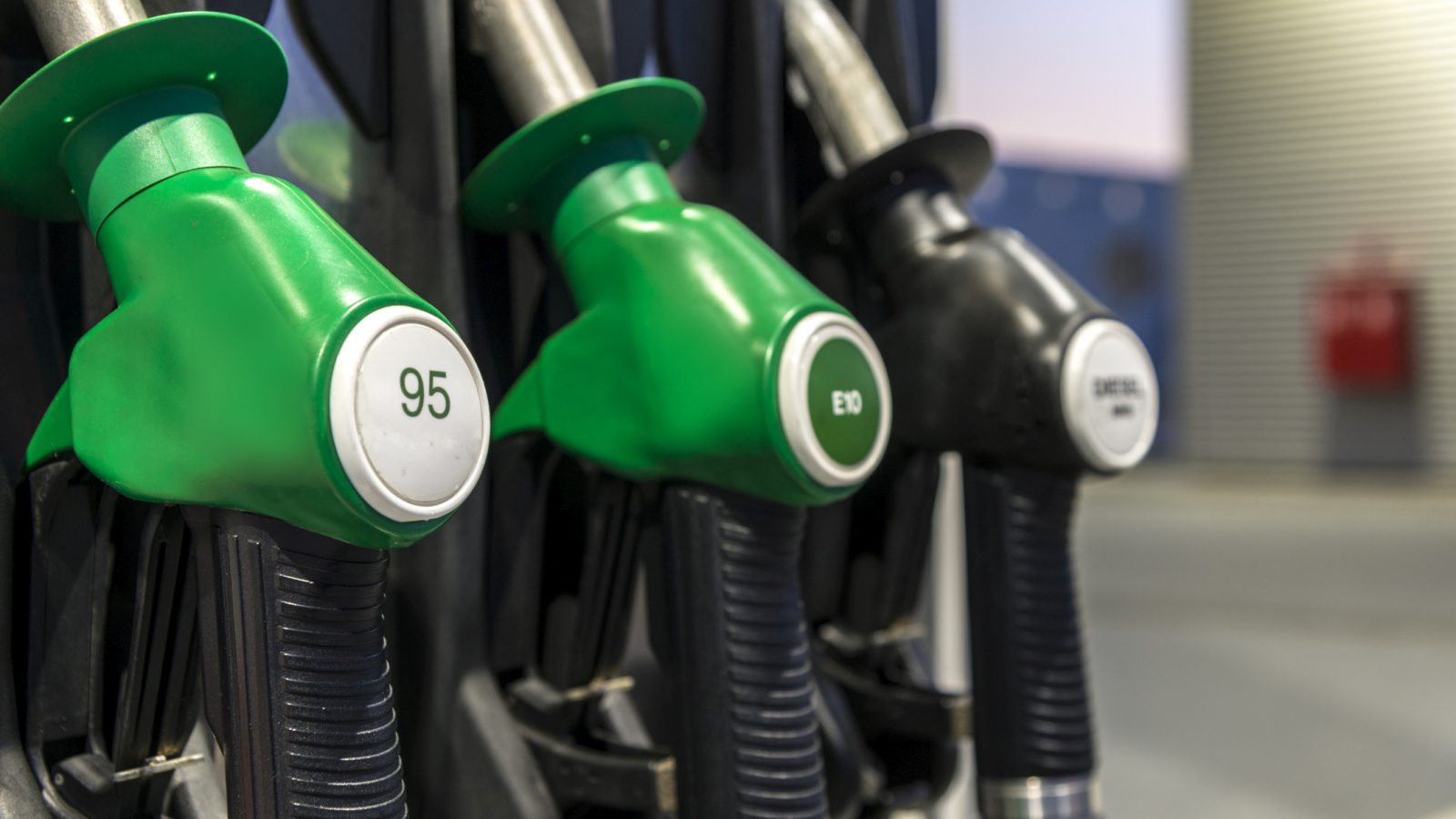Electric cars and hybrids dominate market by 2024
Share of electric and hybrid cars continues to grow
2024 shows a clear trend: cars with a (partly) electric drive will be here to stay. Figures from RAI Association, BOVAG and RDC show that hybrids, with 41.9 percent market share, will take the lead in 2024. Fully electric vehicles (EVs) are also doing well, tapping 34.7 percent of new sales. Both categories have become slightly more popular compared to 2023.
The increase is partly attributed to the business market, which plays an important role in making the car fleet more sustainable. Moreover, consumers were able to take advantage of a subsidy on new electric cars for the last time in 2024, which may have given an additional boost to sales figures. Models such as they Tesla Model Y and Model 3 were once again hard to come by this year.
Gasoline and diesel are losing ground
Although gasoline-powered vehicles still play an important role, they continue to lose popularity. Only 21.9 percent of new cars in 2024 ran on gasoline, down sharply from 30.4 percent the year before.
Diesel vehicles remain a marginal share at 1 percent of registrations, while LPG remained stable at 0.6 percent. In the overall fleet, however, gasoline vehicles still have a solid lead, accounting for over 75 percent of all registered passenger cars. Electric vehicles currently hold only a 5.4 percent market share.
Hybrid: the golden mean
Hybrids seem to be the solution for motorists who want to embrace both the old familiar and the new. With 159,705 registrations in 2024, this category is more popular than ever. This category includes a wide range of variants – from Mild Hybrid Electric Vehicles (MHEVs) to Plug-in Hybrid Electric Vehicles (PHEVs).
Electric driving
Despite the growing popularity of EVs, the transition to all-electric driving is not without its obstacles. A lack of long-term strategy from the government and uncertainty about European CO₂ standards are causing reluctance from both consumers and manufacturers. Bert de Kroon, president of BOVAG Autodealers, emphasizes the need for consistent policy: “The market needs stability to maintain growth. Without a clear direction for 2025, the transition remains fragile.”
All the numbers in a row:
- Hybrid (159,705 registrations, 41.9% market share) – 37.1% by 2023
- Full EV (132,166 registrations, 34.7% market share) – 30.8% by 2023
- Gasoline: 83,408 registrations, 21.9% market share) – 30.4% by 2023
- Diesel: 3,763 registrations, 1.0% market share) – 1.1% by 2023
- LPG: 2,185 registrations, 0.6% market share) – 0.6% in 2023
December: a month with a golden edge
The last month of the year brought a big boost in car sales. With 37,087 registrations, December accounted for nearly 10 percent of the total annual volume. This is partly due to tax incentives that changed as of Jan. 1, which caused many business drivers, companies and leasing companies to choose to register new vehicles before the end of the year.
Looking ahead: what will 2025 bring?
With the expiration of the electric car subsidy scheme and inevitably stricter environmental requirements, 2025 remains an exciting year for the car market. Will demand for electric vehicles continue to rise without financial support? Or will hybrid vehicles once again become the preferred affordable and practical interim solution?
Also read: These are the best-selling car makes and models of 2024

